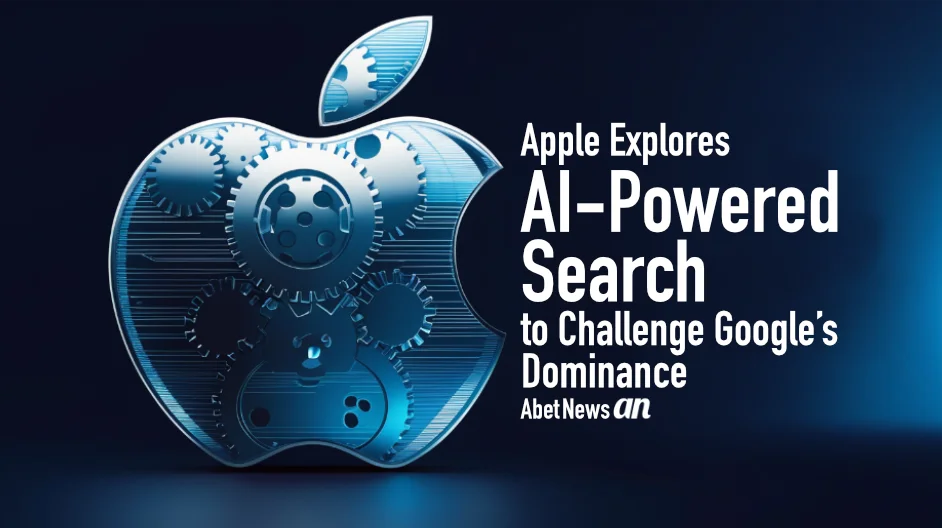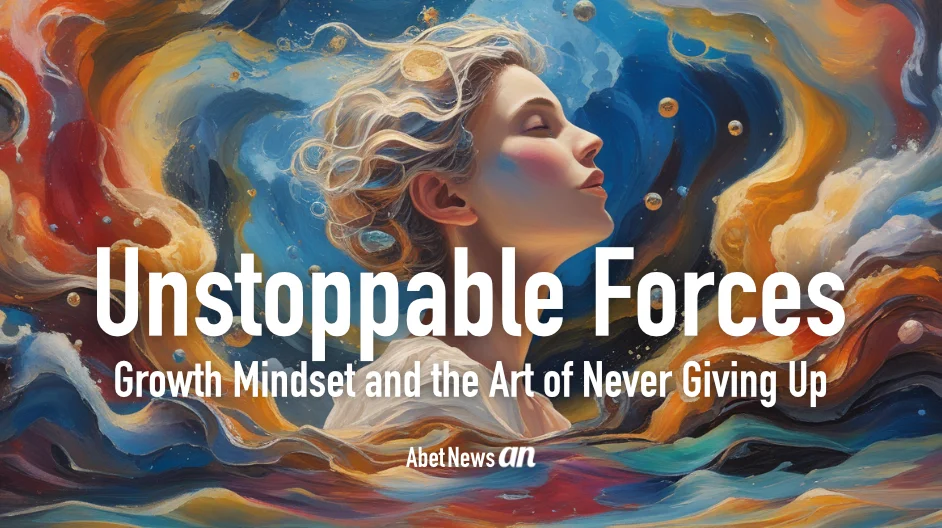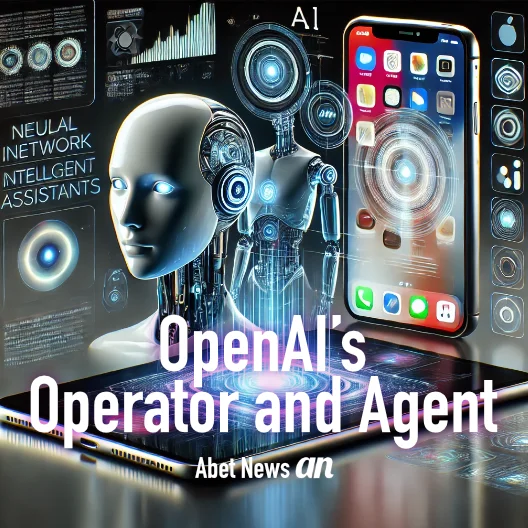Apple Explores AI-Powered Search to Challenge Google’s Dominance

In a move that could reshape the future of online search and digital advertising, Apple is actively exploring AI-powered alternatives to Google’s search engine, signaling a potential end to one of the most lucrative partnerships in tech history.
For over a decade, Google has remained the default search engine on Apple’s Safari browser, a privilege that costs Alphabet up to $20 billion annually. But during recent testimony in the ongoing U.S. antitrust trial against Google, Apple’s Senior Vice President of Services, Eddy Cue, revealed the company is reevaluating its search strategy. Among the options on the table: integrating advanced AI technologies like OpenAI’s ChatGPT, Perplexity AI, and Claude from Anthropic directly into the Safari experience.
Cue cited a notable decline in Safari search volumes—a trend he attributes to users increasingly turning to AI assistants rather than traditional search engines for information. “People are shifting to tools like ChatGPT to find what they need more quickly and naturally,” he said, emphasizing that Apple must adapt to how users now engage with digital content.

While Apple is not reportedly planning to build its own full-scale search engine—an endeavor seen as both costly and at odds with the company’s privacy ethos—it is doubling down on artificial intelligence. The recent rollout of “Apple Intelligence,” a suite of generative AI features built into iOS, iPadOS, and macOS, showcases this new direction. The enhanced Siri now leverages large language models to better understand complex queries and can even defer to ChatGPT when needed, creating a seamless blend of native and third-party AI.
The impact of Apple’s strategic shift was felt immediately on Wall Street. Alphabet’s stock dropped by nearly 10% following news that Apple might end the default search deal. Analysts warn that such a move could slash billions from Google’s annual revenue and redefine the competitive landscape.
“Apple’s exploration of AI search is not just a negotiation tactic—it’s a signal that user expectations are changing,” said a tech industry analyst at Rosenblatt Securities. “If Apple breaks away from Google, it could usher in a new era of AI-centric search, one that’s faster, more conversational, and more private.”
Despite the speculation, Google remains Safari’s default engine for now. But as Apple continues to experiment with smarter, AI-powered alternatives, the search engine status quo appears increasingly fragile.
One thing is clear: the future of search may no longer belong to a single gatekeeper—but to a dynamic, AI-driven ecosystem where users, not algorithms, come first.
Petra Lugar





